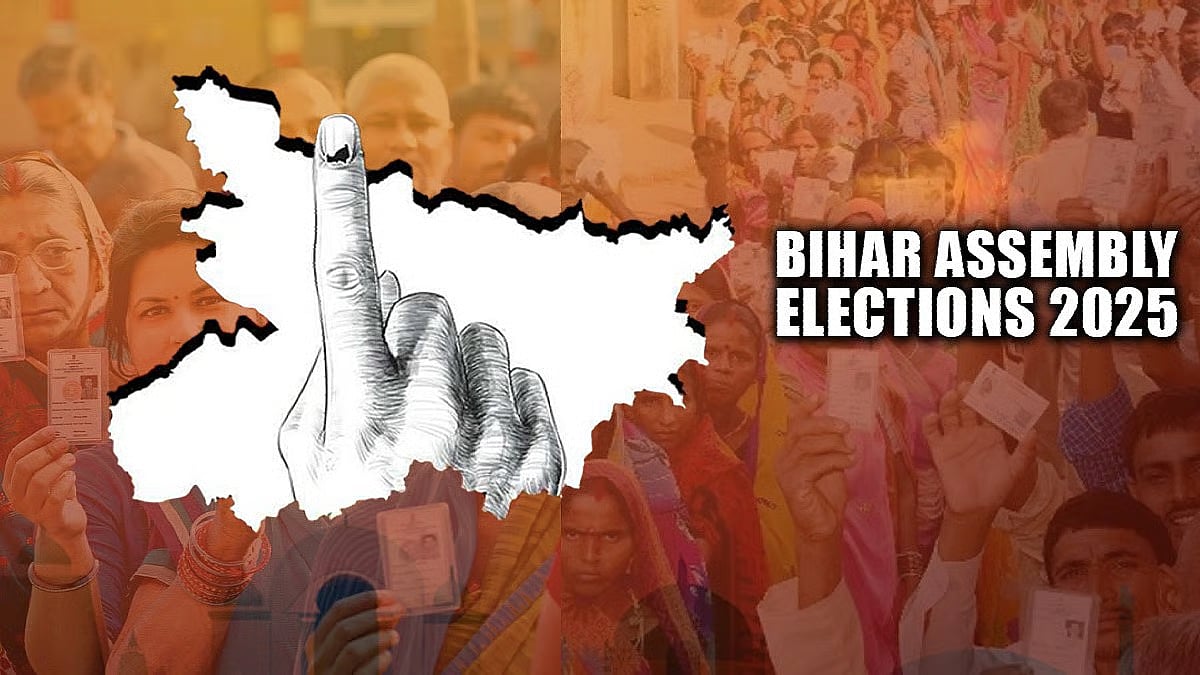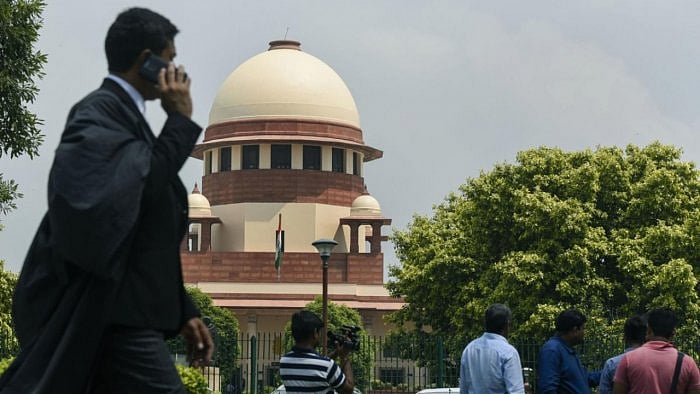The march on Delhi by the farmers of Punjab brings to mind Jat leader Mahinder Singh Tikait's occupation of India Gate in 1988. The demands are pretty much the same: remunerative prices and an assured market for their produce. Tikait wanted higher procurement prices for wheat and sugarcane and the Punjab farmers want an assurance that the price support for their crops will continue.
But that is not how the protest is being framed. The political objective is to portray it as a farmers' movement of pan-Indian dimensions, against the excesses of the Central government. The farmer organisations demanding a repeal of all three farm Acts know full well that the Centre cannot agree to roll back the reforms, but are deliberately narrowing the scope for negotiation by taking an obdurate stance.
The protest is by no means a movement, as it largely comprises farmers of Punjab and Haryana, with some groups from other states. Other than rolling back the Farm Acts 2020, the primary demand is that the minimum support price (MSP or the price at which the government procures produce) be enshrined in law. Given that a small minority of farmers benefit from price support, it is hardly surprising that the majority are unconcerned.
'Internationalising' the issue
The organisers have resorted to 'internationalising' the issue by exhorting legislators from various countries to extend support to the 'peaceful protest' by farmers. Canadian Prime Minister Justin Trudeau jumped in with both feet and received a sharp retort from India for his pains. The default response to any agitation by third-world farmers is to romanticise it. The 'noble farmer' is invariably seen as a victim of corporate greed and government insensitivity. But it is doubtful whether any of these politicians have a clue about the provisions of the Farm Acts in question.
To recap: the first law amends the Essential Commodities Act to remove stock limits and is therefore favourable to farmers who will benefit from additional demand. The second provides a regulatory framework for contract farming, which also benefits farmers, as they will be protected, in case the company concerned reneges or defaults.
The third – the Farmers' Produce Trade & Commerce Act - allows private mandis to operate without the arbitrary trade restrictions and cesses imposed by state governments. The Centre has been at pains to emphasise that the private mandis will not and cannot supplant the state-run mandis. If the latter do not want to lose business to private players, it is for them to ensure that they are every bit as attractive as the private mandis in terms of infrastructure and ease of doing business.
Nor does the freeing up of trade in agricultural products presage an end to the MSP system. The Centre has said it will continue to procure at MSP. It has no choice, because it must maintain a buffer stock, besides supporting multiple food security schemes. What's more, states can continue the Price Deficiency Payment Scheme (PDPS), whereby farmers are paid the difference in the MSP and open market price. The sense that the Farm Acts 2020 will suddenly disrupt the existing system has no rational basis, in the light of a record procurement from Punjab's farmers this year.
UPA same pinch
The Congress, in its 2019 manifesto, had promised to usher in precisely the same agricultural reforms. During the UPA regime, the proposed reforms garnered considerable support among the pro-liberalisation lobby. The party has now done a volte-face, in the hope of gaining political traction in Punjab and Haryana.
This is not to argue that all is well with the farm sector. Short-sighted policies, the imperative of cheap and abundant food, the de-emphasis on agriculture and the rising cost of inputs has made farming unattractive vis-a-vis other professions. But these are legacy problems and the NDA's business-as-usual approach of the last six years has not provided an answer to India's farm woes.
Decades of subsidies under the heads of input, price support, credit, capital and export have not improved the lot of farmers. Meanwhile, the costs have spiralled. The debt burden of the Food Corporation of India (FCI) is touching Rs 3 lakh crore. Bailouts and export subsidies for the sugar sector have become the norm. In short, the existing system is untenable.
The Farm Acts are a much-delayed step in the right direction. Much more needs to be done, but liberalisation of the farm sector is a start. If the government can be faulted, it is only for not having taken the opposition and the farmers' organisations into confidence before mooting the new laws. Now that it is a done deal, the Centre can only attempt to assure farmers that they will have much to gain and little to lose from the new laws.
The writer is a senior journalist with 35 years of experience in working with major newspapers and magazines. She is now an independent writer and author.










